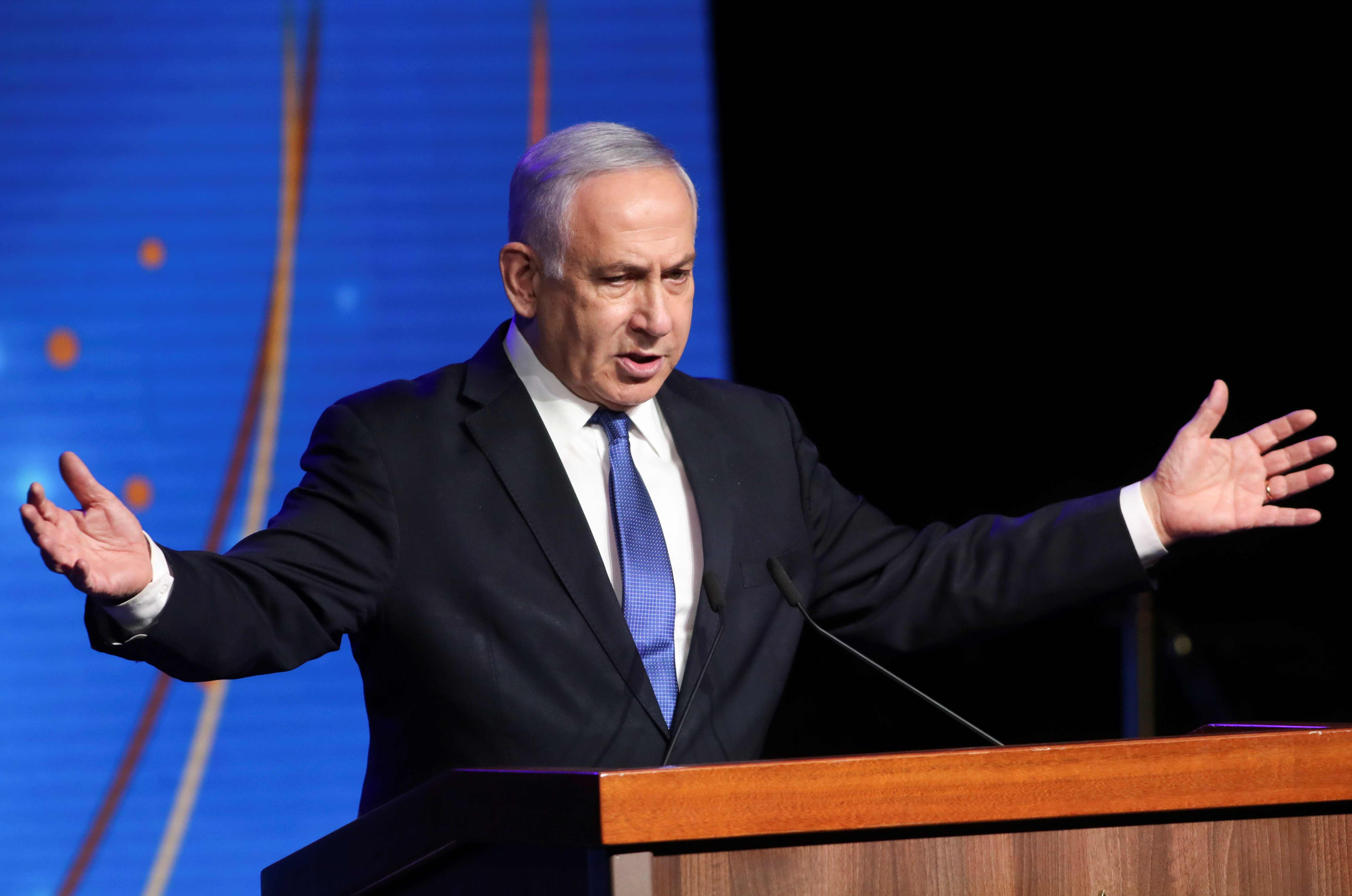
Benjamin Netanyahu will need all his experience as Israel’s longest-serving prime minister as he returns at head one of the most right-wing governments in the country’s history, facing division at home and unconcealed alarm abroad.
Netanyahu, 73, who was sworn in as premier again on Thursday, has vowed to govern for all Israelis and build on the achievement of his previous term, the Abraham Accords with the United Arab Emirates and Bahrain that opened the way for a possible normalization of relations with other Arab countries.
But more attention has been focused on his alliance with Itamar Ben-Gvir and Bezalel Smotrich, two ultranationalist hardliners who have already shown how determined they are to impose their agenda during weeks of fraught coalition talks.
Ben-Gvir, filmed recently brandishing a pistol at Palestinians in East Jerusalem, will oversee police forces as security minister, while Smotrich’s Religious Zionism party will have unprecedented control over the expansion of Israeli settlements in the occupied West Bank.
Together they have succeeded in leaving Netanyahu, a dyed-in-the-wool security hawk and a scourge of liberal opinion for more than two decades, on the left of his governing coalition.
“The new government is determined to restore … quiet and personal security to the citizens of Israel,” Netanyahu told parliament on Thursday before his swearing in.
Yet his partners have proved ready to upset mainstream opinion on everything from allowing Jewish prayer at the Al-Aqsa mosque complex – the holy site known to Jews as the Temple Mount – to matters of religious identity or gay and minority rights.
For Netanyahu, who described himself in his recent autobiography as “conservative but decidedly not extreme”, such allies are likely to provide challenges aplenty in the months ahead as even Israel’s closest allies watch with unease.
To complicate matters further, Netanyahu is himself fighting corruption charges alleging he unlawfully received gifts and granted regulatory favours in return for positive news coverage.
Netanyahu says the cases are politically motivated and denies wrongdoing.
To critics, proposed changes to the justice system to give parliament more power in appointing judges and set aside Supreme Court rulings are an attempt to escape his legal problems at the risk of undermining the rule of law in Israel. read more
Even without the focus on his nationalist and religious allies, the agenda facing Netanyahu would be complicated enough after the worst year for violence in the West Bank since 2015 and Israel’s arch-enemy Iran roiled by a wave of social protest.
A former member of an elite special forces unit whose elder brother, Yoni, was killed leading the 1976 Entebbe rescue of hijacked air passengers, Netanyahu has shown little interest in the decades-old vision of Palestinian statehood beside Israel.
U.S.-sponsored Israeli-Palestinian negotiations stalled, in 2014, under his watch. A resumption looks increasingly unlikely, with some members of Religious Zionism talking openly about annexing the West Bank, dashing whatever hope remains of a Palestinian state.
The United States, Israel’s closest ally, has been circumspect in offering criticism although officials including President Joe Biden have pointedly repeated Washington’s support for the two-state solution.
For the moment, after five elections in less than four years, there is little appetite for yet more political turmoil but the tensions facing his government may test the apparently stable majority he won in elections in November.
Netanyahu has seen off countless opponents, often by appealing to the gut instincts of his core voter base in gritty towns and settlements far from the bright lights of fashionable Tel Aviv.
This time, with increasingly confident hard right allies keeping him in power, he will have to draw on all his resources as one of the wiliest operators in Israeli politics to maintain his balance.

